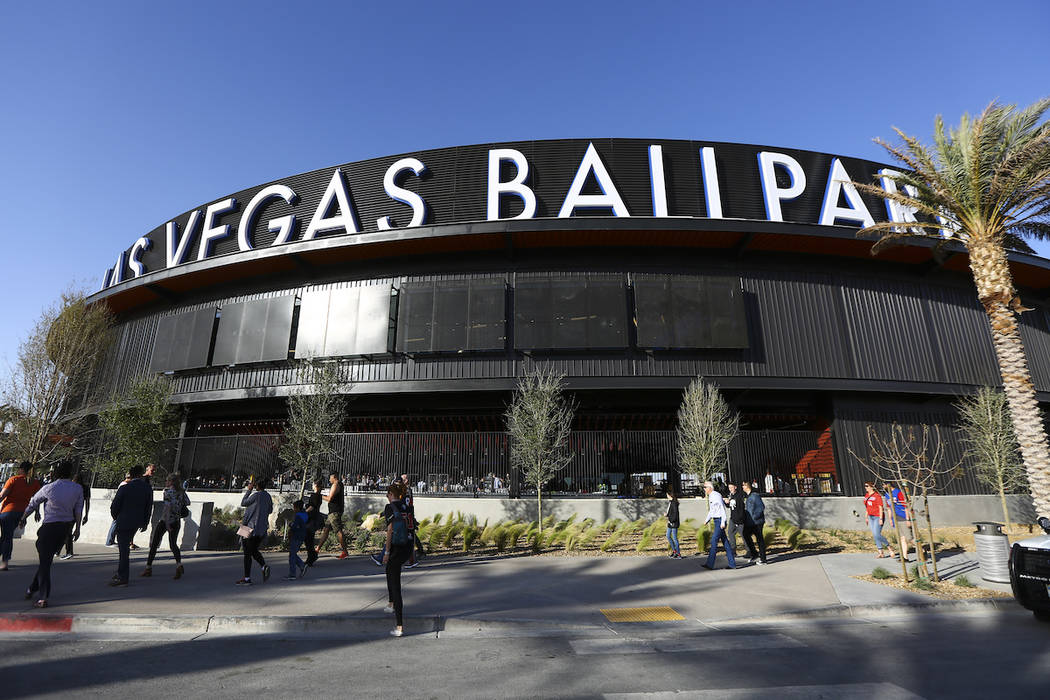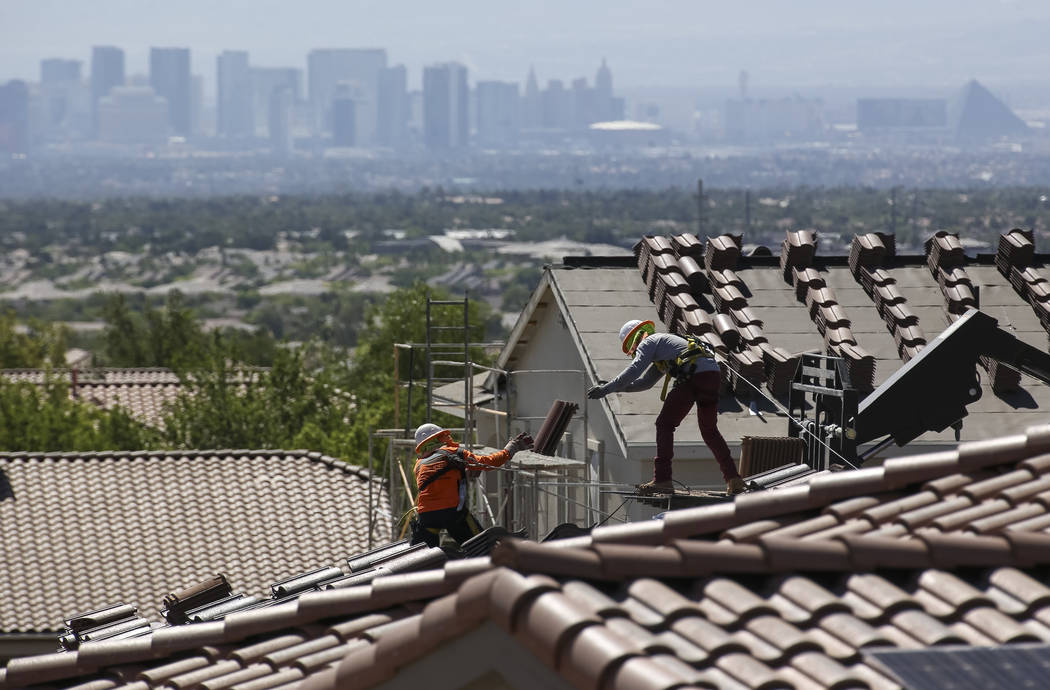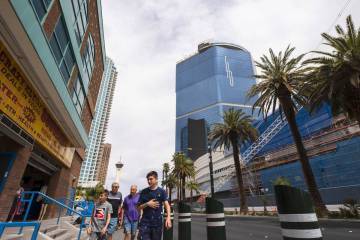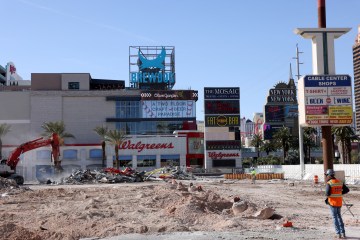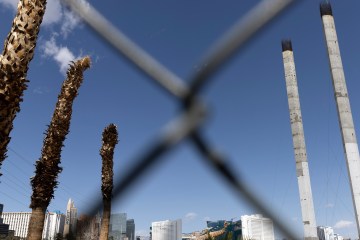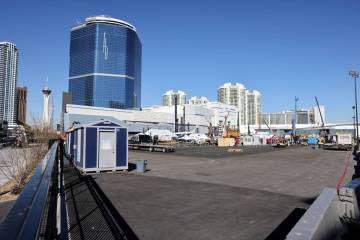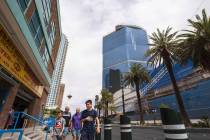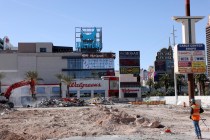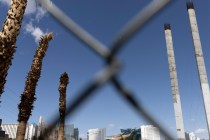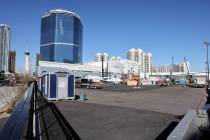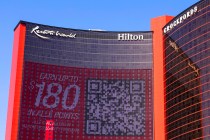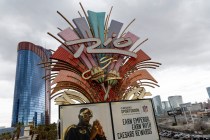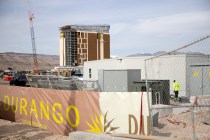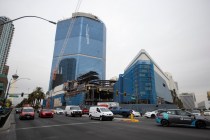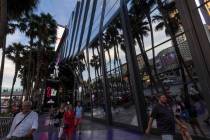Howard Hughes sale could put Summerlin, Aviators in new hands
If someone buys The Howard Hughes Corp., it would put the Las Vegas Aviators, its ballpark, the Downtown Summerlin mall and thousands of acres of suburban Las Vegas land in new hands.
There’s no guarantee a buyer will snatch up Summerlin’s overlord, but if one does it won’t be the first time the community’s developer has new ownership.
Hughes Corp. said late last month it is weighing a possible sale of the company; a sale, joint venture or spin-off of a portion of its assets; a recapitalization; or changes to its “corporate structure.”
The Dallas-based developer said the goal of the review is to “maximize shareholder value,” with CEO David Weinreb stating the business “continues to perform extremely well” but indicated its stock price is lower than it should be.
It’s too early to tell how a potential sale could affect the sprawling Summerlin community; that depends on who buys the Hughes Corp., assuming someone does, and what they do with its holdings.
But I’d be surprised if a new owner takes things in a new direction in Las Vegas.
Hughes Corp. sells land to homebuilders in Summerlin, which spans 22,500 acres along the valley’s western rim, commands some of the highest home and land prices in Southern Nevada and, despite a drop in deals this year, is one of the top spots in the country for builders’ sales. The company also owns the minor-league Aviators team, the newly built Las Vegas Ballpark, vast tracts of land and other properties.
The developer traces its roots to its namesake Howard Hughes, the famed aviator, businessman and recluse who acquired the land now known as Summerlin – named after his grandmother Jean Amelia Summerlin – in the 1950s.
Hughes died in 1976, and 20 years later his heirs sold the Howard Hughes Corp. to Maryland mall developer the Rouse Co. in a $520 million deal, according to news reports at the time.
Chicago mall operator General Growth Properties acquired Rouse in a $12.6 billion deal in 2004 as the real estate bubble inflated. But the economy crashed, and General Growth halted construction of the outdoor mall now known as Downtown Summerlin, leaving a steel skeleton off the side of the 215 Beltway at Sahara Avenue.
General Growth went bankrupt in 2009 – Reuters called it the biggest real estate failure in U.S. history – and as part of its exit from bankruptcy in 2010, it spun off The Howard Hughes Corp. as a separate company with control over Summerlin and other properties.
The mothballed Summerlin mall ended up a visible reminder of Las Vegas’ real estate crash for years — an unfinished, abandoned project exposed to the elements. Hughes Corp. eventually resumed construction, and Weinreb, the CEO, took a jab at General Growth several months before the 106-acre project opened in 2014.
Without mentioning the predecessor’s name, he wrote in a letter to shareholders that the project “had an all-star line-up of tenants and if previous management had the capital and courage to stay the course, despite how badly Las Vegas was hit by the downturn, it would be a fortress mall today.”
If Hughes Corp. is sold, the deal could have ripple effects beyond Las Vegas, as the developer also has interests in Hawaii, Texas, Chicago and Maryland, among other locations.
For now, at least one thing resulted from last month’s announcement: a higher stock price.
When Hughes Corp. – overseen by chairman Bill Ackman, a billionaire hedge-fund operator – announced it was mulling a sale, its stock jumped more than 40 percent in value the same day.
Contact Eli Segall at esegall@reviewjournal.com or 702-383-0342. Follow @eli_segall on Twitter.
RELATED:
Howard Hughes Corp. may be up for sale



